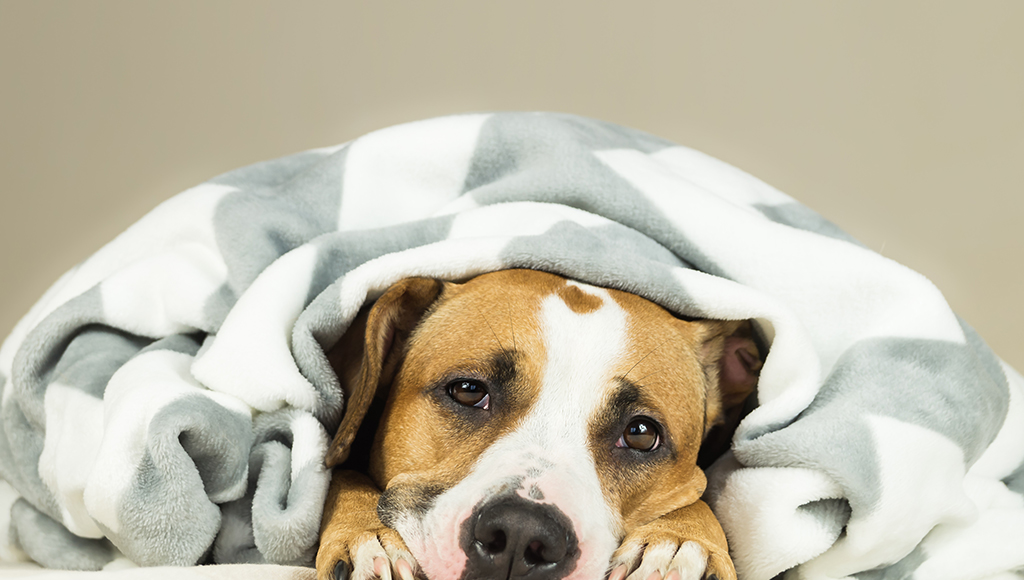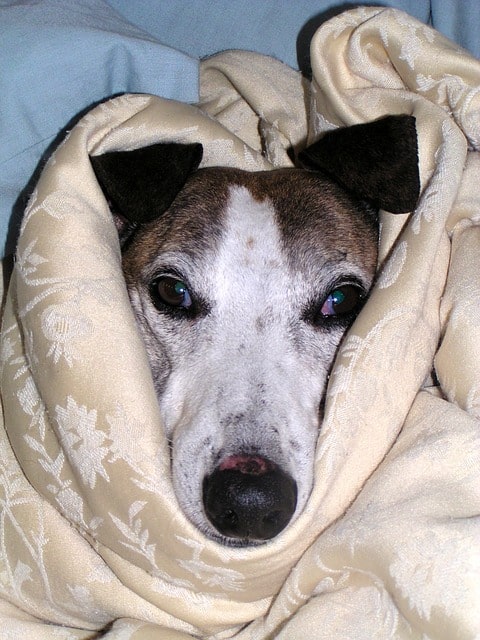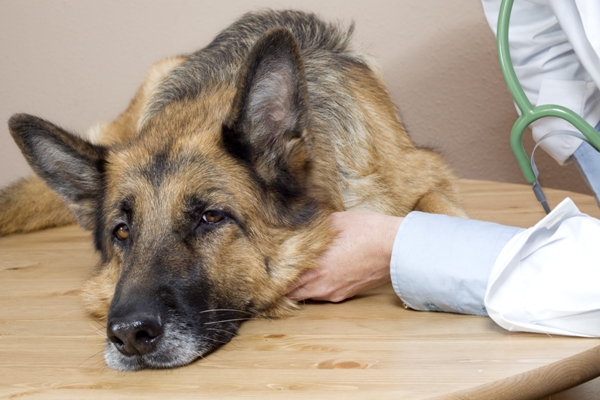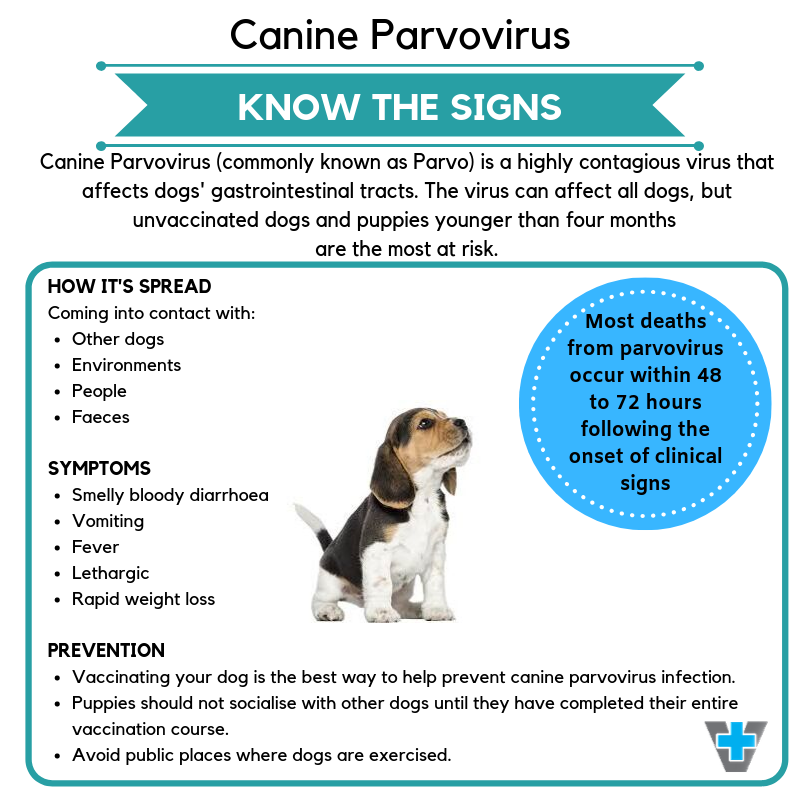Canine Parvovirus 2 Symptoms In Dogs

Dogs that are ill from canine parvovirus infection are often said to have parvo the virus affects dogs gastrointestinal tracts and is spread by direct dog to dog contact and contact with contaminated feces stool environments or.
Canine parvovirus 2 symptoms in dogs. Some dogs have no symptoms except for weight loss and that means they could receive treatment too late. Dogs with parvo quickly become dehydrated and weak. There is no cure for parvo so your vet will treat the symptoms your dog is suffering from during the illness. It can be fatal especially in puppies under 3 months.
Parvo often causes puppies to get dehydrated from excessive diarrhea and vomiting and dogs with parvo are also at a high risk of developing infections because the virus weakens the immune system. You may notice your dog s gums become darker dark pink red than normal. Symptoms of the gastrointestinal form of parvovirus in dogs include severe vomiting blood in the stools lethargy and loss of appetite. Treatment often involves veterinary hospitalization.
The symptoms of parvovirus affected dogs are blood foul smelling diarrhea vomiting loss of appetite collapse depression fever and sudden death. The virus manifests itself in two different forms. This virus is very stable and able to survive in the environment for months. Young puppies and unvaccinated dogs including those who have not had their booster injections are most at risk from becoming victims of parvo.
Canine parvovirus may infect other mammals. Early symptoms of parvovirus typically include lack of appetite extreme tiredness and fever followed by sickness and diarrhoea 24 to 48 hours later. Symptoms of parvo include foul smelling diarrhoea with blood in it vomiting loss of appetite collapse depression fever and sudden death. More common is the intestinal form of parvo in dogs which is characterized by vomiting diarrhea weight loss and lack of appetite anorexia.
If your dog presents parvo symptoms the first signs are usually slight fever but fever is not typically apparent to dog owners. The canine parvovirus cpv infection is a highly contagious viral illness that affects dogs. Cpv is highly contagious and is spread from dog to dog by direct or indirect contact with their feces. The cardiac form of the virus is typically seen in young unvaccinated puppies but older dogs can become infected too.
Who is at risk. Vaccines can prevent this infection but mortality can reach 91 in untreated cases. Sadly parvovirus symptoms progress rapidly and the disease can be fatal. Canine parvovirus also referred to as cpv cpv2 or parvo is a contagious virus mainly affecting dogs.
Parvovirus is one of the most frequent viral diseases in dogs caused by a virus that affects the digestive system causing diarrhea sometimes bloody lack of appetite dehydration and fever.



















